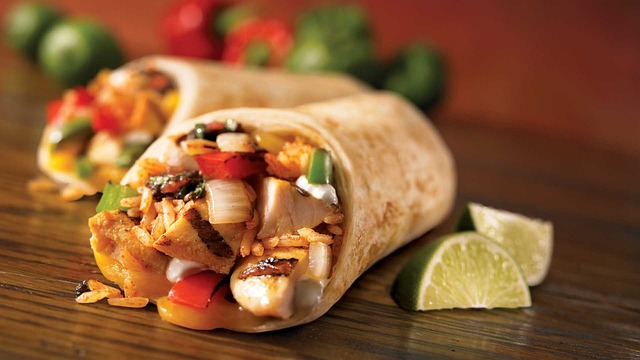Introduction
Food and travel are two remarkable pleasures that, when combined, create a transformative experience.
Traveling opens doors to new cultures, landscapes, and adventures, while food allows you to connect with a place's soul through your taste buds.
In this article, we will explore the deep and delightful relationship between food and travel, understanding how these two elements merge to offer an unforgettable journey of flavors and discoveries.
Food is a reflection of culture
Culinary tourism, also known as food tourism, is a growing trend where travelers seek authentic food experiences as a central part of their journeys.
It's not just about dining out; it's about savoring the local cuisine, understanding the cultural context, and even getting hands-on with cooking classes and food tours.
Here's why culinary tourism has become such a beloved way to explore the world:
Cultural Connection: Food is a reflection of culture, history, and traditions. Trying local dishes and learning about their origins offers a deeper connection to the places you visit.
Authenticity: Local markets, street food stalls, and family-owned restaurants often provide the most authentic and memorable culinary experiences.
Unique Flavors: Each destination has its own unique ingredients and cooking techniques, allowing you to taste flavors you've never encountered before.
Adventure and Exploration: Culinary tourism encourages exploration. You might find yourself wandering through markets, sampling street food, or diving into the heart of a bustling kitchen.
Memorable Food Experiences
Street Food in Bangkok, Thailand: Roaming the vibrant streets of Bangkok, sampling Pad Thai, mango sticky rice, and grilled skewers from street vendors is an experience you'll never forget.
Wine Tasting in Napa Valley, California: Sipping on world-class wines in Napa Valley while overlooking picturesque vineyards is an indulgence that combines breathtaking landscapes with culinary delights.
Sushi in Tokyo, Japan: Enjoying fresh sushi at Tsukiji Market in Tokyo offers a glimpse into the precision and artistry of Japanese cuisine.
Cooking Classes in Tuscany, Italy: Learning to make authentic Italian pasta and savoring it in the Tuscan countryside is a delightful and educational experience.
Spice Markets in Marrakech, Morocco: Exploring the bustling spice markets, tasting tagines, and sipping mint tea in Marrakech is a sensory journey into Moroccan cuisine.
The Impact of Food on Travel Decisions
Food has the power to influence travel decisions. Travelers often choose their destinations based on the culinary experiences they can anticipate. Here are a few ways food can shape travel plans:
Destination Choice: Specific cuisines or food festivals can be a significant draw. Many travelers head to New Orleans for Mardi Gras or Japan for cherry blossom season and sushi.
Travel Itinerary: Food can dictate daily plans, with travelers seeking out specific restaurants, street food stalls, or culinary tours.
Cultural Exploration: Food acts as a gateway to understanding local customs and traditions. Exploring a country's culinary heritage is a way to immerse oneself in its culture.
Souvenirs: Food makes for unique and memorable souvenirs, from bottles of wine to jars of local spices.
Conclusion
Food and travel are the ultimate dynamic duo, turning a simple vacation into an extraordinary journey of flavors and experiences. Exploring the world through its cuisines allows you to connect with the people, culture, and history of a place in a way that words or pictures alone cannot capture.
So, the next time you embark on a new adventure, don't forget to savor the local delicacies and embrace the tantalizing union of food and travel, making your journey truly unforgettable.









